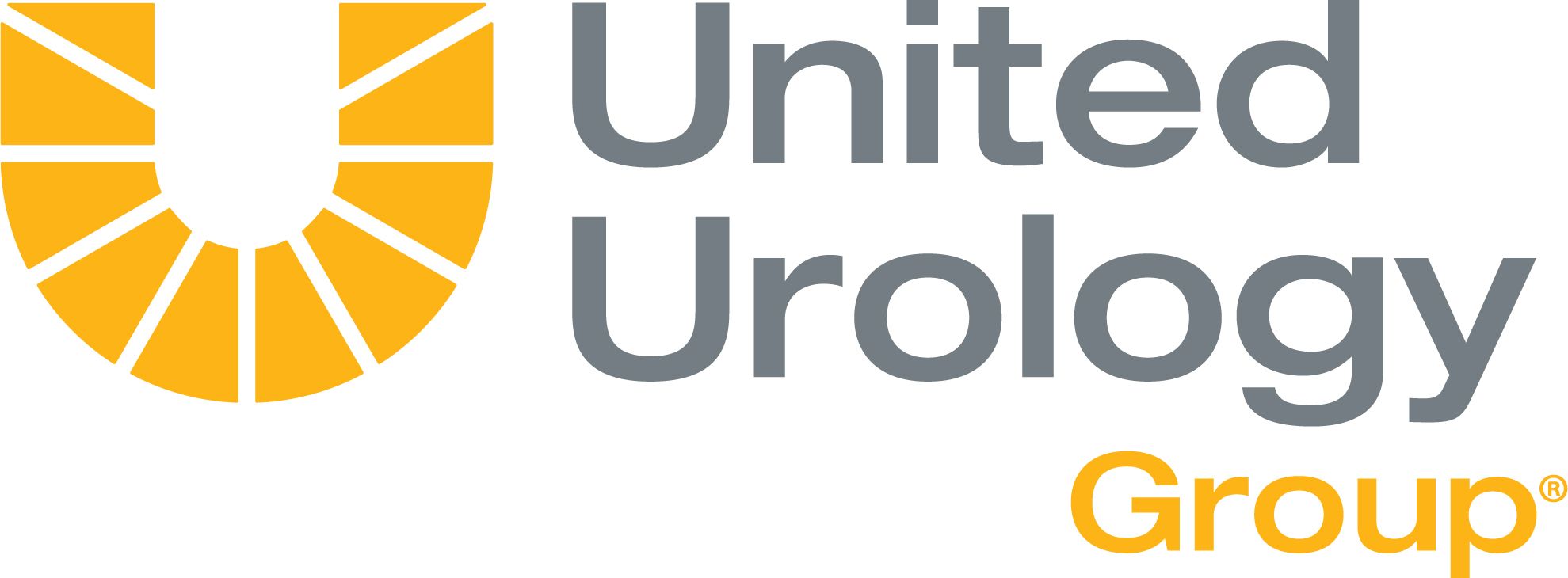
Nurse practitioner on the importance of patient support, education in prostate cancer

“Cancer is a journey which is very emotional as much as it is physical. And not only for the patients, but it is also for their caregivers, whoever that person is,” say Joy Maulik, CRNP.
In this video, Joy Maulik, CRNP, discusses Chesapeake Urology’s Prostate Cancer Support Group and his goal to expand the project to include free surveillance offerings for men in the area. Maulik is a nurse practitioner at Chesapeake Urology on the Eastern shore of Maryland.
Video Transcript:
Could you highlight Chesapeake Urology’s Prostate Cancer Support Group?
On the eastern shore where we started, we didn't have a prostate cancer support group. Cancer is a journey which is very emotional as much as it is physical. And not only for the patients, but it is also for their caregivers, whoever that person is. So, we opened up and we are going to have our next one on May 22. We generally have other professionals come and give a talk about different topics and treatments of prostate cancer. We have some food, some fun games, and they come in. The support system is really important, no matter which part of the trajectory you are, whether you're 10 years out, just recently diagnosed, or somewhere in between, because prostate cancer impacts in more different ways. As we talked about emotional part, sexual health is another part, voiding dysfunction is another part. So, it's multifaceted. And some of them could be modesty issue. Knowing that men are not on their own on this journey, there are other men going through the same things, they can be each other's resource. So, that was the part. Now to kind of springboard off of that, I think, in Baltimore and other places, I think they already have something, but in our area, it's lacking. So hopefully, man upstairs will get us some resources out there that I can do that. I would be of course volunteering to do all this process and the legwork, so not sure how, but that is going to be my next goal to fight prostate cancer.
Could you expand on potential future directions with this?
That is my next goal: to have on the Eastern Shore a free surveillance at least once a year where people can come who have issues or phobia to go to a doctor's office so that we can set it up. They can come, we can check their PSA, we can go from there and educate, because it's important to do proactive health care than reactive health care. I don't know what the challenges are, but the high-risk population, people for some reason always think you have to have a digital rectal exam. That could be some people think, but again, the blood work is important. And digital rectal exam is important, but not as significant as the PSA. So, I think the understanding of what to expect when you go to a urology office will probably help in more screening.
This transcription has been edited for clarity.
Newsletter
Stay current with the latest urology news and practice-changing insights — sign up now for the essential updates every urologist needs.






